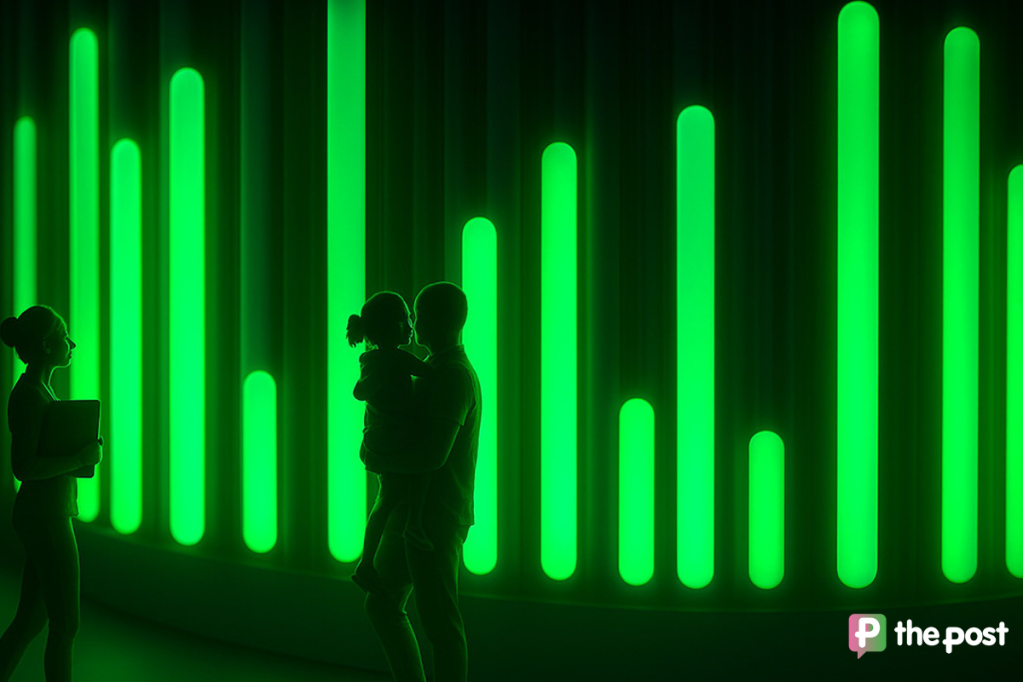Lester breath test case knocked out

Colourful car park owner, former mayoral candidate and nightclub proprietor Damian Lester has lost his latest battle with police.
The almost comic case of Lester’s famed attempt to feign unconsciousness as police dragged him to a paddy-wagon near the Old Lion Hotel on the night of the 2011 Melbourne Cup was revisited by the Supreme Court this week.
Chief Justice Chris Kourakis and two other judges dismissed Lester’s appeal against a conviction for refusing to take an alcohol breath test.
When he was pulled over, Lester, a property developer once known as Adelaide’s “carpark king”, told police he had consumed one glass of champagne five minutes earlier and said; “How about I just get a taxi and forget about this”.
After refusing three requests to provide a sample of his breath, Lester, 48, then walked back to the front passenger side of his car and attempted to lock the doors before pretending to be unconscious. Justice Anderson said: “Mr Lester placed his arms behind his head and he refused to answer any questions.
“He then appeared to be unconscious, not moving with his eyes closed.
“(Lester) was carried from the pavement to the cage car, however was noticed to be lifting his feet to avoid his shoes being damaged.”
A doctor at Royal Adelaide Hospital found Lester was faking because he resisted efforts to prise open his eyes.
Magistrate Simon Smart originally found Lester not guilty of the charge on the grounds police couldn’t prove they had a breathalyser with them at the hospital when they requested a breath test for the second time.
But Justice Anderson overturned the acquittal after he found that Lester had disobeyed the original request by police for a breath sample when he was pulled over in North Adelaide.
You might like
Justice Anderson convicted Lester of the offence and said he would hear submissions on the penalty.
Lester was pulled over by police in an unmarked car after they noticed him swerving.
He was asked if he had been drinking and he admitted “I just had one glass of champagne five minutes ago”.
Police told him they would wait five minutes and then breath-test him.
When the time had expired, things got testy, the court file shows.
“I now require you to provide a sample of your breath,” the police officer said.
“How about I just get a taxi and forget about this?” Lester replied.
“Sir I am now directing you to provide a breath sample,” the officer said.
“I am going to be hot because I have just had a champagne,” Lester replied.
The officer said: “For the third time, I am directing you to provide a sample. I am warning you it is an offence to fail to provide a breath sample and the penalty is severe.”
At this point Lester walked to his car, jumped in, locked the door and “grabbed a bottle from the centre console of his vehicle” but before he could drink from it, the police officer threw it onto the road.
Police then arrested Lester who “placed his arms behind his head and refused to answer any questions”.
“He then appeared to be unconscious, not moving and with his eyes closed.”
The police thought they might test his level of unconsciousness.
Stay informed, daily
“Constable Gitsham considered that the appellant was feigning unconsciousness and therefore applied a pain stimulus to his earlobe to ascertain whether it was genuine unconsciousness.
“The appellant winced. He was rolled into the recovery position and was again told he was under arrest.”
Lester wasn’t done with yet.
He maintained the “unconscious” ruse while police dragged him to the paddy wagon.
“(He) was seen by the police officers to be lifting his feet, apparently to avoid his shoes being damaged.”
On arrival at the City Watch House, Lester was still in “unconscious” mode and remained this way for 30 minutes.
Police called an ambulance which took him to the Royal Adelaide Hospital.
It was now an Emergency Department doctor’s turn to see if Lester was conscious or not.
A Dr Hill examined Lester and concluded Lester was feigning unconsciousness.
Hill’s evidence that he checked the appellant for trauma and found none, and that he then placed him on a electrocardiogram which was found to be normal.
The doctor said Lester resisted his efforts to open his eyes which “in his opinion positively indicated that the appellant was in fact conscious since an unconscious patient cannot resist such an effort”.
Lester kept his eyes closed while police asked him again to submit to a breath test, before marking their sheet “refused”.
When the case made it to the Magistrate’s Court Lester had an early victory with the court deciding that because it wasn’t certain that the police had a testing device handy at the RAH, the conditions of the law had not been fulfilled.
Police appealed and Justice Tim Anderson reversed the acquittal.
Lester appealed that decision, and it’s that appeal which was dismissed last week by the Full Court of the Supreme Court.
The latest two-year saga in the courts follows a decision in December, 2006, when Lester was found not guilty of assaulting and resisting police and failing to give a blood alcohol test when he was pulled over on Anzac Highway in November 2005.
The full decision of the Court can be read here.








